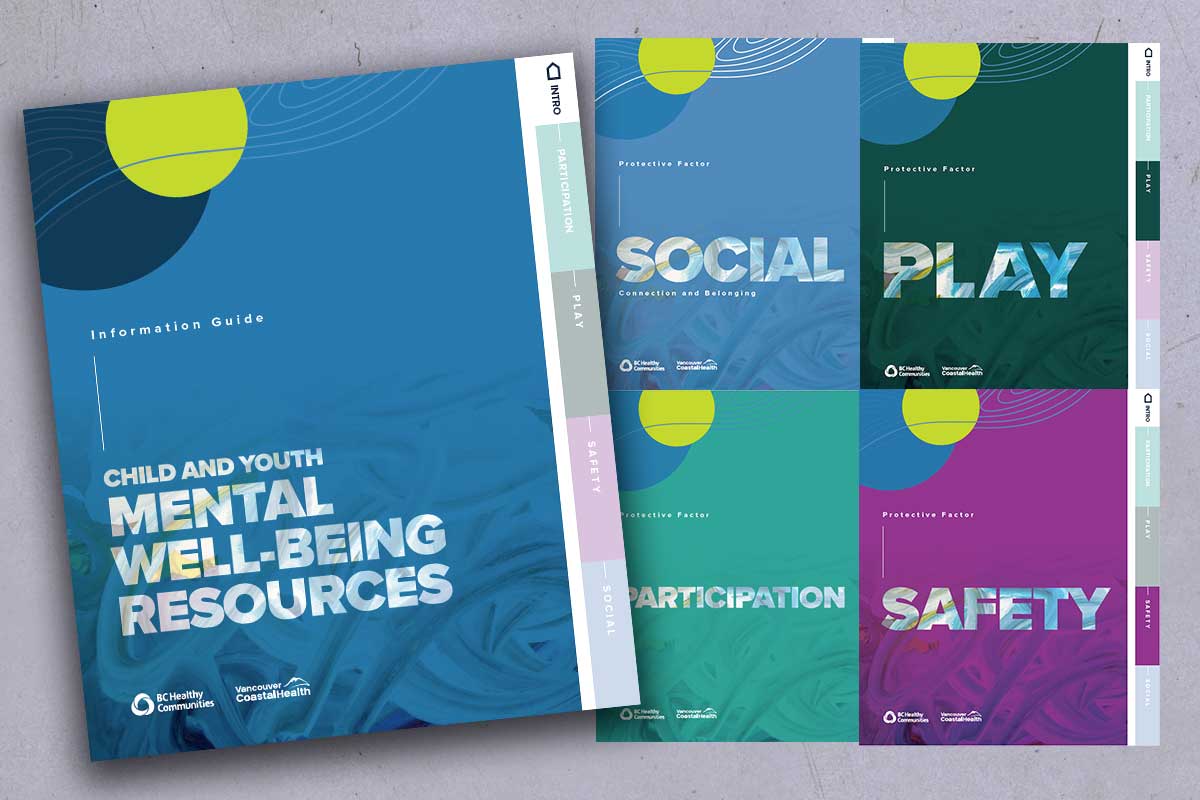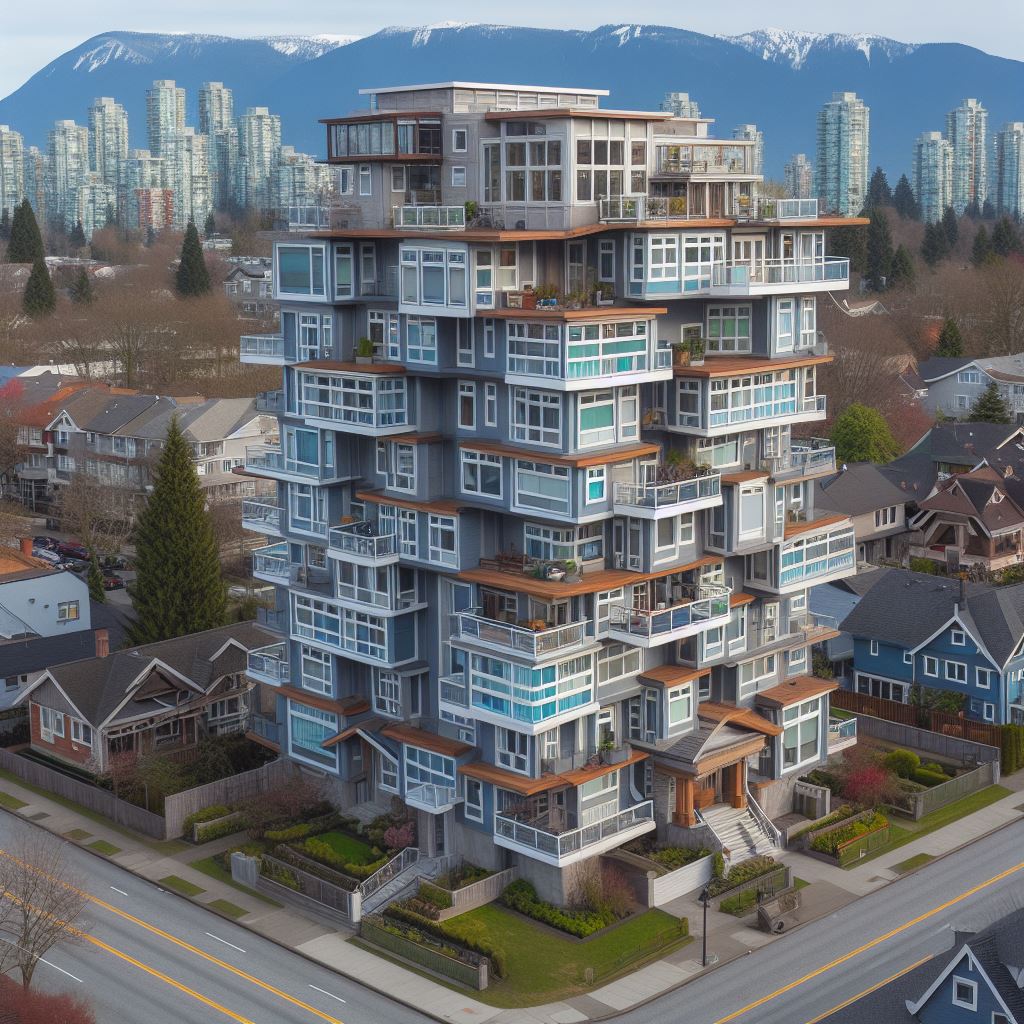Sign up for an info session on Child and Youth Mental Well-Being guide
Vancouver Coastal Health (VCH) partnered with BC Healthy Communities to create a series of guides (https://bchealthycommunities.ca/index.php/child-and-youth-mental-well-being-resources/) to help local governments understand how to promote the mental well-being of children and youth through existing roles and assets. The guides include research, examples and information sources to inform and inspire action on key protective factors that young people need...



